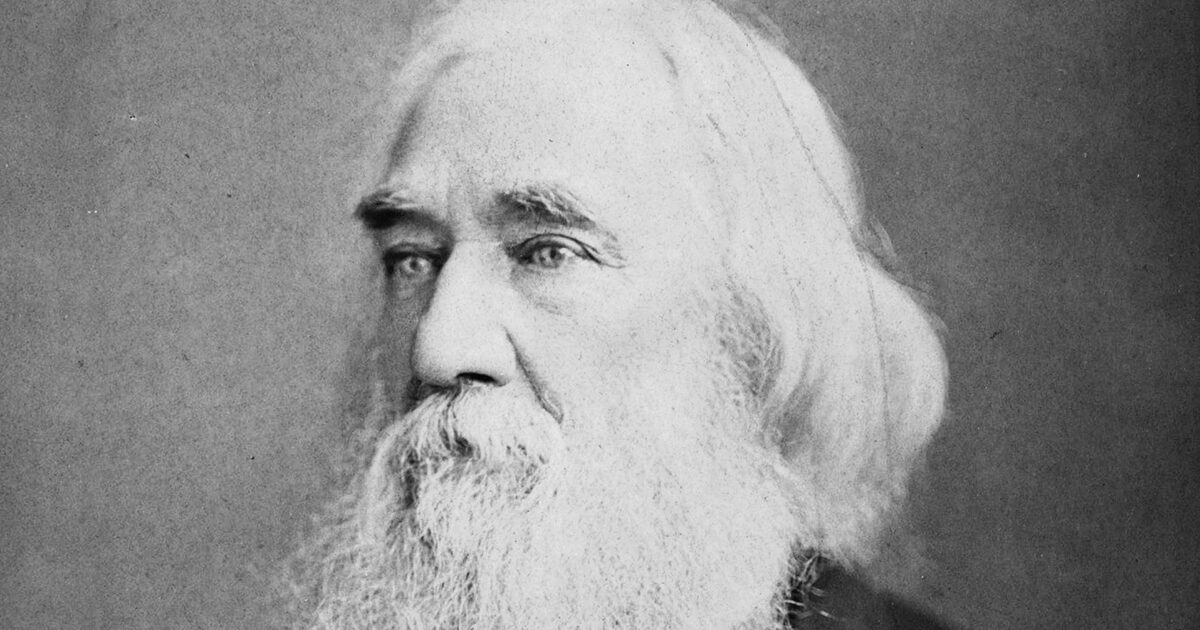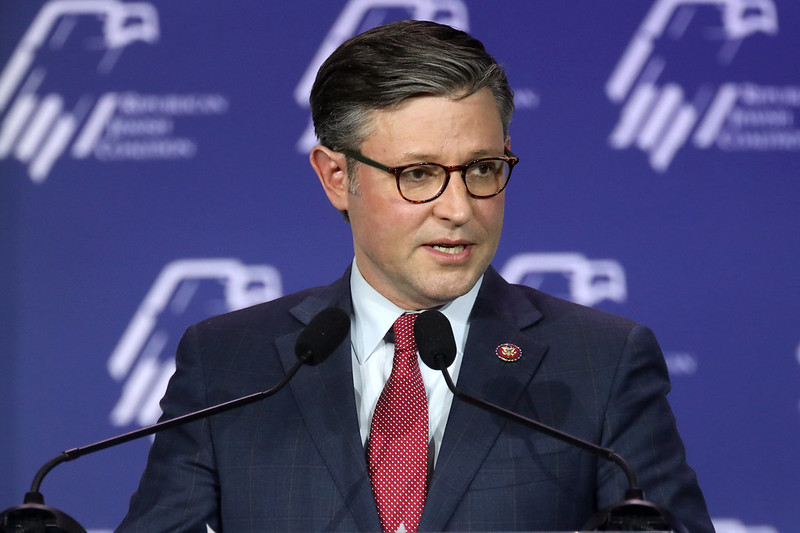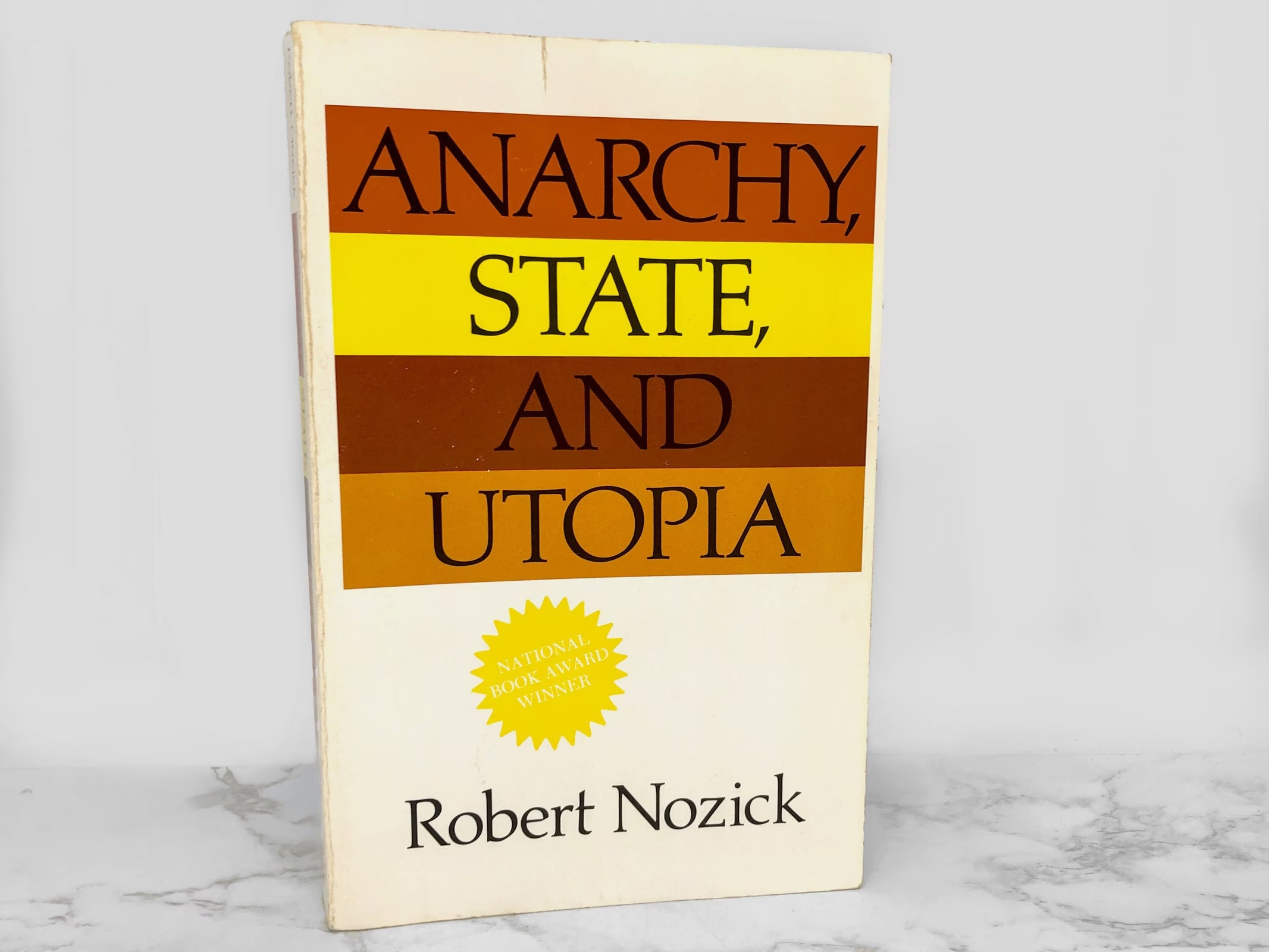Here’s what you need to know about SCOTUS nominee Neil Gorsuch.
President Donald Trump has nominated Neil Gorsuch to replace the late Justice Antonin Scalia on the U.S. Supreme Court.
Gorsuch is 49 years old and currently serves as a judge on the U.S. Court of Appeals for the 10th Circuit. He is a highly respected legal conservative whose credentials include a law degree from Harvard and a Supreme Court clerkship under Justices Byron White and Anthony Kennedy.
Gorsuch is perhaps best known for his sharp critique of the legal doctrine known as Chevron deference. Named after the Supreme Court’s 1984 decision in Chevron U.S.A., Inc. v. Natural Resources Defense Council, Chevron deference says that when the federal courts are confronted with an “ambiguous” statute, the default position is for federal judges to defer to the statutory interpretation favored by the executive branch agency charged with enforcing that statute. “Federal judges—who have no constituency—have a duty to respect legitimate policy choices made by those who do,” said Justice John Paul Stevens in his Chevron majority opinion. “While agencies are not directly accountable to the people, the Chief Executive is, and it is entirely appropriate for this political branch of the Government to make such policy choices.” In other words, Chevron instructs the courts to tip the scales in favor of the executive branch in such cases.
But what about the judiciary’s independent duty to act as “an impenetrable bulwark against every assumption of power in the legislative or executive,” as James Madison once described the role of the courts? Doesn’t Chevron deference amount to a judicial surrender in this core area of responsibility? Judge Gorsuch certainly thinks so. In his 2016 concurrence in Gutierrez-Brizuela v. Lynch, Gorsuch blasted Chevron deference as a “judge-made doctrine for the abdication of the judicial duty.” According to Gorsuch, “under any conception of our separation of powers, I would have thought powerful and centralized authorities like today’s administrative agencies would have warranted less deference from other branches, not more.”
Read the rest at Reason.











